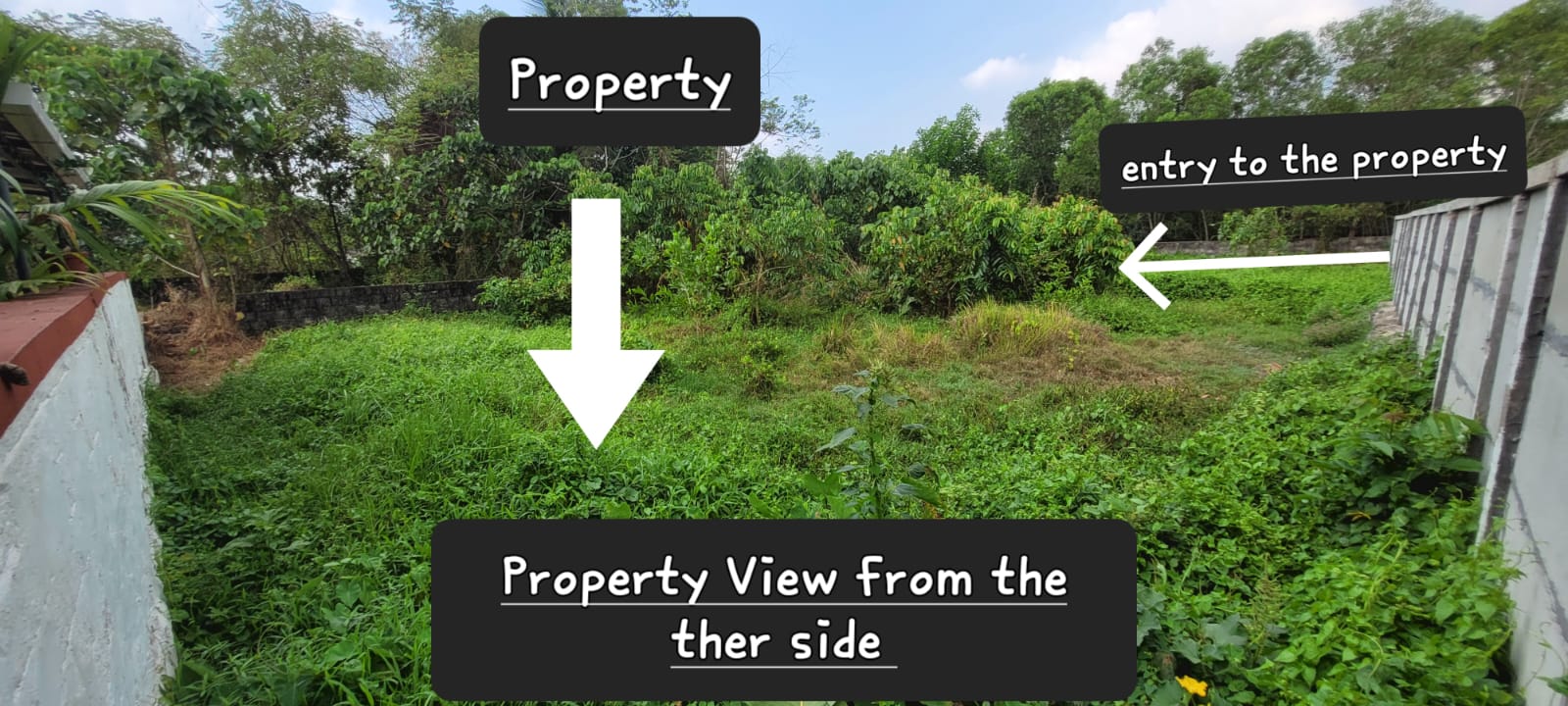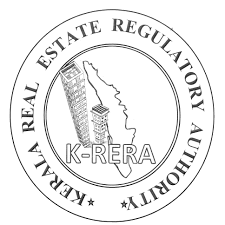5 Red Flags to Watch Out for When Buying Property

5 Red Flags to Watch Out for When Buying Property
Investing in property is a smart way to build wealth and secure your financial future. However, it's important to tread carefully when purchasing real estate. With so many potential pitfalls and hidden dangers, it can be all too easy to make a costly mistake that could haunt you for years to come.
To help you avoid these pitfalls, we've compiled a list of five red flags to watch out for when buying property. From hidden structural issues to shady sellers and unscrupulous agents, knowing what warning signs to look out for can save you time, money, and headaches down the line. So whether you're a seasoned investor or a first-time homebuyer, read on for our top tips on how to spot trouble before it's too late:
Zoning and Land Use Restrictions: Check the zoning regulations and land use restrictions imposed on the property. These regulations dictate how the land can be used and may limit or prohibit certain activities or developments. Ensure the zoning aligns with your intended use for the land and be cautious of any restrictions that could hinder your plans.
Environmental Concerns: Investigate any potential environmental issues that may exist on or near the land. Look for signs of contamination, such as nearby industrial sites, landfills, or water pollution. Additionally, consider any natural hazards that may pose a risk, such as flood zones, landslide-prone areas, or earthquake-prone regions.
Access and Infrastructure: Evaluate the accessibility of the land and the availability of necessary infrastructure. Check if there are legal access rights, road access, and proximity to utilities such as water, electricity, and sewage systems. The cost and feasibility of establishing or connecting to these services should be considered.
Title and Ownership Disputes: Conduct a thorough title search to ensure there are no ownership disputes or encumbrances on the property. Look for any liens, easements, or other legal claims that may affect your ownership rights. Consulting with a qualified real estate attorney can help ensure a clean title transfer.
Future Development and Neighborhood Considerations: Research any planned developments or changes in the surrounding area. This includes assessing future construction projects, zoning changes, or major infrastructure developments that may impact the value or desirability of the land. Consider the overall neighborhood and its potential for growth or decline.
In conclusion, purchasing property is a significant investment that requires careful attention to detail. It's important to be on the lookout for potential red flags that could lead to financial loss or legal issues down the line. From hidden costs and undisclosed defects to untrustworthy sellers and inadequate inspections, there are several warning signs that buyers should be aware of. By conducting thorough research, seeking professional advice, and being vigilant throughout the buying process, you can minimize your risks and make a sound investment decision. Remember: always trust your instincts and don't hesitate to walk away from a deal if something doesn't feel right.




